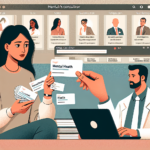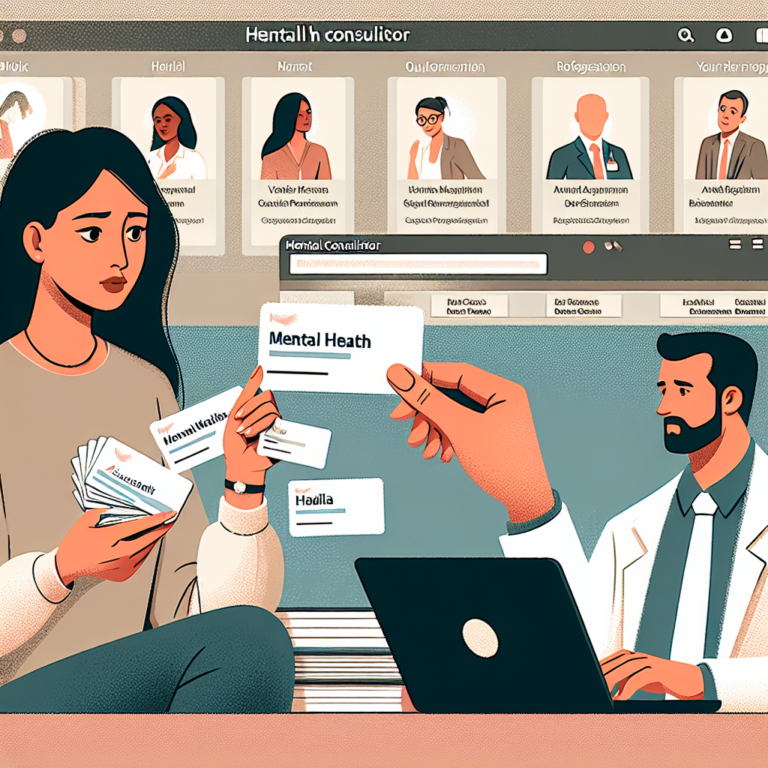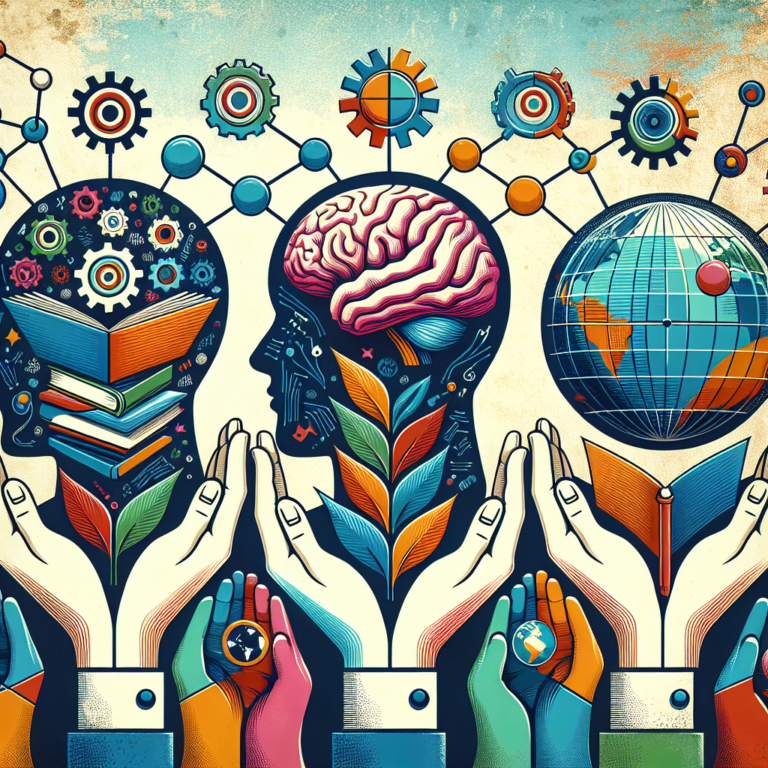
Introduction
In today’s rapidly evolving world, mental health and substance use have become increasingly interlinked challenges that affect millions of individuals. The Intersection of Mental Health and Substance Use: How Counseling Can Help isn’t just a topic for academic discussion; it’s a pressing reality for many families, communities, and society as a whole. Understanding this intersection is vital for developing effective interventions and support systems.
Imagine someone juggling emotional pain and substance dependency, feeling trapped in a vicious cycle where each condition reinforces the other. Counseling emerges as a beacon of hope—an essential tool for enabling individuals to break free from this cycle, understand their complexities, and lead healthier lives.
This article aims to explore the relationship between mental health and substance use, elucidate how counseling can address this intersection, and provide actionable insights for those seeking help or wanting to support others.
Understanding the Intersection
Mental Health: A Brief Overview
Mental health encompasses emotional, psychological, and social well-being. It affects how we think, feel, and act. Conditions such as depression, anxiety, and bipolar disorder are prevalent and can significantly impact a person’s daily functioning and quality of life.
Key Statistics:
- According to the World Health Organization, approximately 1 in 4 people will experience mental health issues at some point in their lives.
- Mental health disorders cost the global economy around $1 trillion each year due to lost productivity.
The Role of Substance Use
Substance use, whether it involves alcohol, prescription medications, or illicit drugs, often serves as a coping mechanism for individuals grappling with mental health issues. The desire to escape emotional pain can lead to dependency and addiction, exacerbating underlying mental health concerns.
Case Study: Maria’s Struggle
Maria, a 28-year-old teacher, faced debilitating anxiety and depression following a traumatic event. In search of relief, she began consuming alcohol regularly. What started as casual drinking spiraled into a serious addiction, leading to job loss and estrangement from family and friends. Maria’s story is a poignant example of the intersection of mental health and substance use, highlighting the urgent need for intervention.
The Challenges of Co-Occurring Disorders
When mental health and substance use disorders occur simultaneously, they are known as co-occurring disorders. Treating only one condition often leads to poor outcomes for the other, hence the importance of integrated interventions.
Data Insights
| Condition | Prevalence Among Individuals with Substance Use Disorders |
|---|---|
| Anxiety Disorders | 20% |
| Mood Disorders (e.g., Depression) | 30% |
| Schizophrenia | 50% |
Signs That Counseling Can Help
Recognizing that someone might benefit from counseling can be challenging. However, certain signs often indicate that intervention is necessary:
- Isolation: Withdrawal from friends, family, and social activities.
- Increased Use: Escalating substance use as a method of coping.
- Emotional Distress: Persistent feelings of sadness, anxiety, or despair.
- Collapsing Responsibilities: Difficulty managing work or familial obligations.
- Physical Health Issues: Complications arising from substance use or neglecting self-care.
How Counseling Can Make a Difference
Creating a Safe Space for Expression
Counseling provides a confidential environment where individuals can express their feelings, fears, and experiences without judgment. This safe space is crucial for exploring the complexities of the intersection of mental health and substance use.
Case Study: John’s Transformation
John, a 35-year-old veteran, battled PTSD and substance use following his service. Through counseling, he learned techniques for managing his emotions, from mindfulness to cognitive-behavioral strategies, which ultimately helped him reduce his reliance on substances.
Analysis
John’s case illustrates how counseling fosters personal growth and healing. By addressing both his mental health and substance use, he found tools to regain control over his life.
Cognitive Behavioral Therapy (CBT)
CBT is particularly effective at tackling both mental health disorders and substance use. It aims to challenge harmful thought patterns and behaviors, promoting healthier cognitive frameworks.
Motivational Interviewing (MI)
MI is another counseling technique that helps individuals find the motivation to change. It is particularly effective for those resistant to treatment, guiding them to articulate their reasons for wanting to quit or reduce substance use.
Group Therapy
Support from peers can be incredibly powerful. Group therapy allows individuals to share their experiences, learn from others, and build a supportive community, reinforcing the understanding that they are not alone in their struggles.
Actionable Insights for Readers
Seek Professional Help: If you or someone you know struggles with mental health and substance use, contact a mental health professional.
Stay Informed: Understanding the signs of co-occurring disorders can empower individuals to seek help sooner.
Normalize Mental Health Discussions: Open conversations can reduce stigmas, making more individuals comfortable seeking help.
Utilize Resources: Explore community resources such as support groups, counseling centers, or online platforms that specialize in mental health and addiction.
- Practice Self-Care: Encourage healthy coping strategies such as mindfulness, physical activity, or engaging in hobbies.
Conclusion
At the intersection of mental health and substance use, counseling emerges as a crucial lifeline for those who feel lost. By breaking down the barriers of stigma, fostering understanding, and providing effective intervention strategies, individuals can reclaim their narratives and lead fulfilling lives.
It’s essential to remember that seeking help is a strength, not a weakness. With the right support, anyone can embark on the path to recovery—transforming their story from one of struggle to one of resilience.
FAQs
1. What are co-occurring disorders?
Co-occurring disorders refer to the presence of both a mental health disorder and a substance use disorder in an individual. Integrated treatment is often necessary for effective recovery.
2. How can I tell if someone needs counseling?
Signs include increased substance use, isolation, emotional distress, neglect of responsibilities, and physical health issues. If you recognize these signs in a loved one, gentle encouragement to seek help can be invaluable.
3. What types of counseling are effective for substance use issues?
Cognitive Behavioral Therapy (CBT), Motivational Interviewing (MI), and group therapy are all effective counseling methods for addressing substance use issues, especially when paired with mental health support.
4. Can counseling completely resolve mental health issues and prevent substance use?
While counseling can significantly reduce symptoms and improve coping mechanisms, the effectiveness depends on the individual’s commitment to treatment and support networks. Ongoing care and self-management strategies are also critical.
5. How do I find a counselor specialized in co-occurring disorders?
Look for licensed professionals or organizations specializing in dual diagnosis. Referrals from primary care providers, community health centers, and online directories can help identify appropriate counselors.
Embracing the journey through the intersection of mental health and substance use: how counseling can help is a courageous step towards recovery and thriving in life. Advocate for your well-being or that of someone you love—recovery is possible.

















